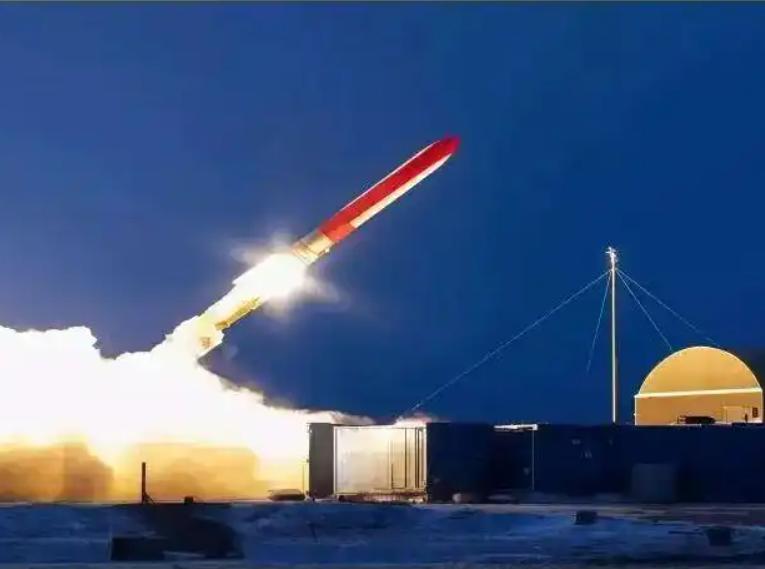
On May 12th local time, South Korean Deputy Prime Minister and Finance Minister Choi Sang mu stated that South Korea is planning a chip investment and research support program worth over 10 trillion Korean won (approximately 7.3 billion US dollars). Looking at South Korea's series of layouts in the chip industry in recent years, it is determined that its strategic goal is to win the "war" in the semiconductor industry. However, considering South Korea's strength in this field, it is more like a seemingly reckless and uncertain gamble.
Industry insiders point out that in recent years, South Korea has been planning to build a "semiconductor giant cluster" and is expected to establish a large chip cluster south of Seoul around 2047. According to the plan, this cluster will become the world's largest high-tech complex for chips, focusing on designing and producing cutting-edge technological products.
According to publicly available information, according to South Korea's plan, the industrial cluster will include multiple industrial parks in the southern part of Gyeonggi do, with a total area of 21 million square meters and a monthly production capacity of 7.7 million wafers by 2030; By 2047, the region currently has 21 manufacturing factories and will add 16 production facilities, including 3 research facilities.
It is worth mentioning that Yoon Seok yeol's current goal is to enter the top three global artificial intelligence technologies, including semiconductors, by 2030 and occupy more than 10% of the global system semiconductor market. It can be said that South Korea's chip plan is not without grandeur, and the government has invested huge attention and funds into it.
However, as is well known, there are currently only two companies in South Korea that can excel in the semiconductor industry: Samsung and SK Hynix. Apart from these two, it has been difficult for South Korea in recent decades to find another well-known chip industry enterprise abroad. Especially in the field of Fabless design, South Korea has almost no presence.
Public statistical data shows that the top 30 global Fabless companies currently hold approximately 90% of the market share, while the total market share of Fabless companies in South Korea is only about 1%. So, where does South Korea's confidence come from in laying out its chip industry like this?
According to insiders, South Korea's intention is to gain a foothold in the AI market. Currently, most Korean AI chip startups are targeting the market for generative AI. These companies are exploring innovation in different fields, from neural processing units to delay processing units, from data center design to intelligent semiconductor edge processors, each exploring new boundaries in AI chip applications.
That is to say, the reason why South Korea dares to make this big gamble is because it is eager to seize the opportunity of the AI chip industry. At a technology summit last year, Sapeon Inc., a semiconductor startup under SK Group, announced the launch of its latest artificial intelligence chip X330, which fully proves this judgment.
Meanwhile, the company based in the United States also stated in a statement that the computing performance of the X330 chip is four times that of the previous generation X220, and its energy efficiency is more than twice that. Sapeon plans to conduct testing for its main customers and begin mass production of the chip in the first half of 2024.
However, there are also many shortcomings and weaknesses in South Korea's chip industry, some of which cannot be overcome or even fatal.
For example, South Korea blindly followed the United States in cracking down on and restricting China's chip industry, which to some extent weakened South Korea's competitiveness in the global semiconductor industry and also led to a decrease in its semiconductor export volume; Unable to seize the best opportunity for industry development, especially in the field of storage chips, without continuous technological upgrades and breakthroughs.
Especially in South Korea's chip industry, the exploration and expansion of other markets outside of AI are not proactive enough, lacking a diversified market strategy, and all hope is placed on AI. As a result, its heavily invested layout is more like an uncertain gamble.

Not long ago, Russian President Putin disclosed a major piece of news at a press conference in Dushanbe, Tajikistan: "We have developed a new type of weapon.
Not long ago, Russian President Putin disclosed a major pie…
In the United States, a government shutdown drama that can …
Recently, according to the Financial Times, British adverti…
As November 5th approaches, the U.S. government shutdown wi…
As American consumers began to meticulously plan their Than…
On October 29 (local time), the Federal Open Market Committ…